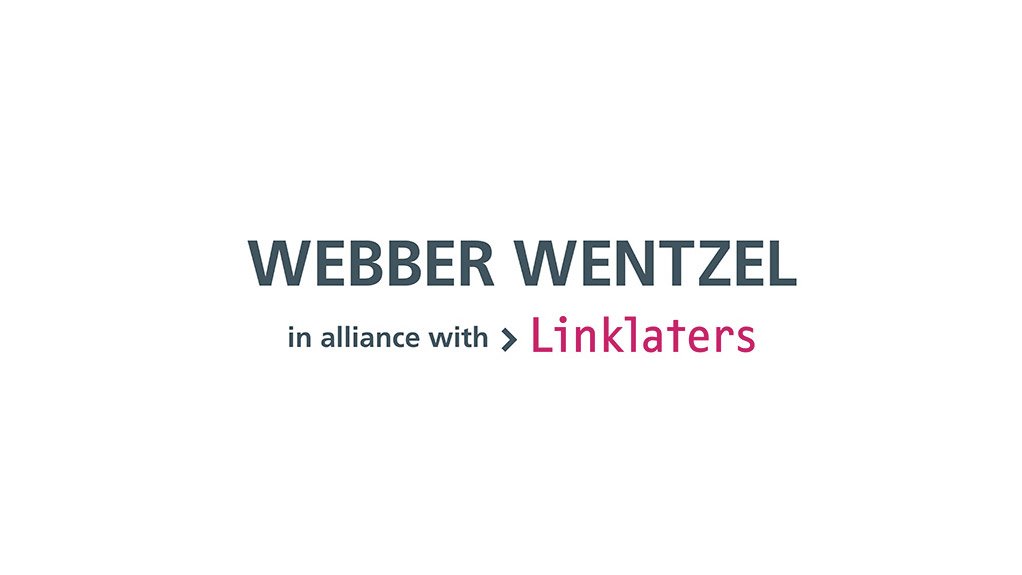Water scarcity is a growing global concern affecting the lives of millions. In South Africa, limited supplies of usable water, compounded by ageing national, provincial and municipal water infrastructure, continue to impact the daily lives of individuals and businesses across the country. Service delivery pressures, increasing demand on the State, and delays in completing key projects have added further complexity. There is a growing need for solutions that are both economically viable and socially responsible. Addressing these challenges will require coordinated financial solutions, driven by collaboration among stakeholders.
Blue Bonds: A viable solution
The evolution of the bond market has seen the development of green bonds, which are financial instruments designed to channel capital toward projects that address environmental and climate-related challenges. The first green bond was issued by the World Bank in 2008. Since then, the Green Bond Principles, developed by the International Capital Market Association (ICMA), have provided a structured framework for financing projects with clear environmental benefits.
Within this broader category, blue bonds have emerged as a sub-set of green bonds. According to the International Finance Corporation (IFC), blue bonds are debt instruments that finance projects aimed at, among other things, improving sustainable water management. Blue finance is explicitly linked by IFC to two United Nations Sustainable Development Goals (SDGs): SDG 6 (Clean Water and Sanitation) and SDG 14 (Life Below Water).
Given the urgency of addressing SDG 6, proactive measures are required in South Africa to mitigate the threat of water scarcity and ensure reliable access to clean water. Blue bonds present a viable solution to channel funding into restoring and expanding South Africa's water infrastructure. These instruments may be used to finance initiatives such as the research, design, development and implementation of efficient water supply and treatment solutions. There is clear potential for their application in tackling the country's water infrastructure challenges.
Suggested criteria for issuing Blue Bonds
In line with the IFC's Guidelines for Blue Finance, there are suggested criteria that blue bond issuances are encouraged to meet. These serve as guidance to help ensure alignment with recognised principles, rather than strict requirements.
Issuance in accordance with the Green Bond Principles- Most green bonds today are issued in line with the Green Bond Principles, which also apply to blue bonds as a sub-set. The Green Bond Principles are structured around four core pillars:
- Use of proceeds - The funds raised must be allocated to eligible projects that address sustainable water management. This includes initiatives focused on water supply and sanitation infrastructure.
- Process for project evaluation and selection - Issuers should clearly outline how eligible blue projects are selected and evaluated.
- Management of proceeds - Proceeds from the blue bond issuance must be tracked and managed separately to ensure that they are allocated only to eligible projects.
- Reporting - Regular reporting on the use of proceeds and the impact of the funded projects is expected. Transparent and rigorous reporting is key to avoiding "blue washing" and allows impact investors to monitor the effectiveness of water resource management and evaluate investment performance.
Alignment with the SDGs - Projects financed by blue bond proceeds should support SDG 6 (Clean Water and Sanitation) without causing material risk to other SDGs, particularly SDG 2 (Zero hunger), SDG 7 (Affordable and Clean Energy), SDG 12 (Responsible Consumption and Production), and SDG 13 (Climate Action). This means that the design, implementation and outcomes of blue bond projects should be environmentally sustainable, socially inclusive, and economically viable, without compromising food security, energy access, responsible resource use or climate resilience. When implemented effectively, these can deliver wide-reaching benefits to local communities, investors, and policymakers.
Adherence to internationally recognised environmental and social standards - Projects financed through blue bonds should indicate alignment with internationally recognised sustainability standards such as the IFC Performance Standards and the World Bank Environmental, Health, and Safety Guidelines. These benchmarks ensure transparent and responsible management of environmental and social risks and help bolster the credibility of blue bond projects among sustainability-focused investors.
Applying industry and product-specific standards - Where applicable, issuers may also apply industry-specific or product-specific standards to ensure that blue bond investments exceed national regulatory requirements.
A path forward with Blue Bonds
The issuance of blue bonds is more administratively demanding than that of traditional green bonds, which only require alignment with the Green Bond Principles. However, the environmental and social value of blue bonds often outweighs the additional effort required. As SDG alignment and adherence to sustainability standards are increasingly mandated or adopted voluntarily by financial institutions, these requirements may not be overly onerous when considered in the context of existing ESG frameworks.
Issuers with experience in green bond issuance and sustainable finance are well positioned to adapt their frameworks to accommodate blue bonds.
From a governance perspective, the additional procedural requirements associated with blue bond issuance enhance transparency and oversight, giving investors greater confidence in how funds are managed.
Blue bonds present a strategic opportunity to mobilise capital and strengthen governance in support of sustainable development. In South Africa, they could play an important role in addressing the water crisis while advancing both SDG and ESG objectives.
Written by Lerato Nkanza, Partner, and Hemal Heeralal, Candidate Attorney, Webber Wentzel
EMAIL THIS ARTICLE SAVE THIS ARTICLE ARTICLE ENQUIRY FEEDBACK
To subscribe email subscriptions@creamermedia.co.za or click here
To advertise email advertising@creamermedia.co.za or click here











